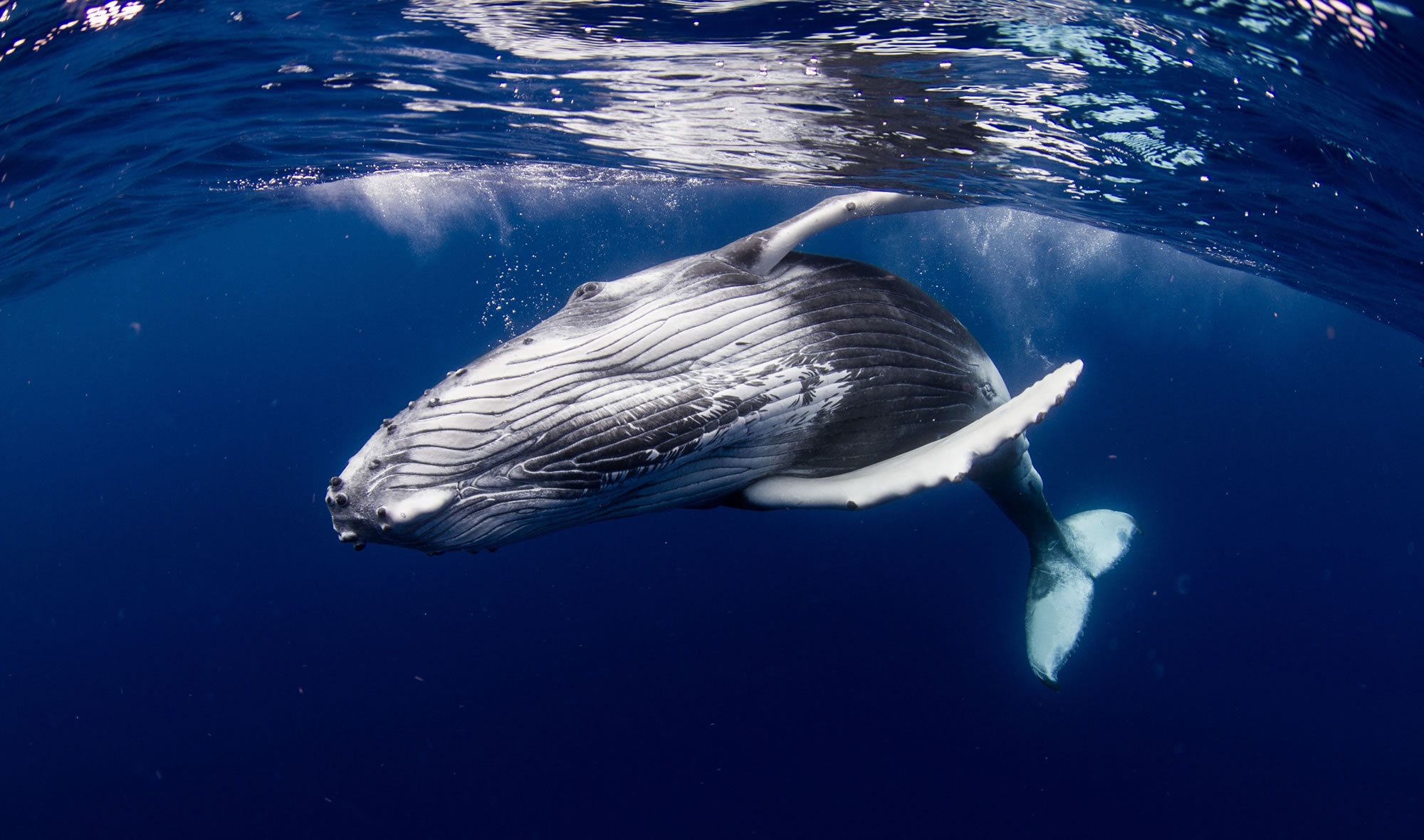Occasionally in life, you get a chance to see something humbling and that will change your perspective. In the UK, one way you can achieve this is to go whale watching off the coast of Wales. During summer, the food of whales and dolphins becomes more plentiful in the southern Irish Sea alongside West Wales. A tempting menu of squid, fish and plankton attracts large marine mammals.
Creatures you Might See
Among the many whales spotted off the Welsh coast are blue whale, fin whale, humpback whale, killer whale, long-finned pilot whale, minke whale, and sei whale.
Some of these species are rare visitors. For instance, humpback whales are unlikely off Wales, but there were verified Cardigan Bay sightings in 2005. A pod of killer whales appears regularly off the coast of North Wales. Reported blue whale sightings remain unconfirmed.
“The odds of seeing a whale during an expedition off the Welsh coast are about 25%, so you may need several trips before finding success but don’t get discouraged, it is worth the wait.”
Of course, even the chance of meeting such a large mammal is exciting. Dolphin and porpoise sightings are always likely and hugely rewarding. Some harmless shark species also swim the Welsh coast, including thresher sharks, basking sharks and the rare angel shark.
How to go Whale Watching Off Wales
There are several specialist companies running wildlife-watching boat trips along the Welsh coast. You can book a voyage from Cardigan, Gwbert, Haverfordwest, New Quay, and St Davids. Aside from the prospect of whales or dolphins, you’ll see many other forms of marine wildlife, including gannets, puffins, seals and shearwaters. Leatherback turtles are a possibility.
Even if the weather is warm inland, it’s advisable to take extra layers of clothing on a whale-watching trip as it can be cold and windy. You might need a pair of binoculars, too, and you’ll want to bring a camera. Although whales may play hard to get, dolphins will swim and leap beside the boat, making them ideal photographic subjects.











